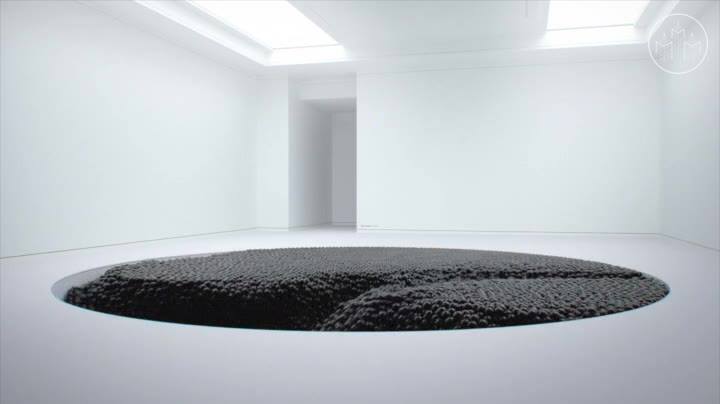“Dinner and a movie” might never be the same…
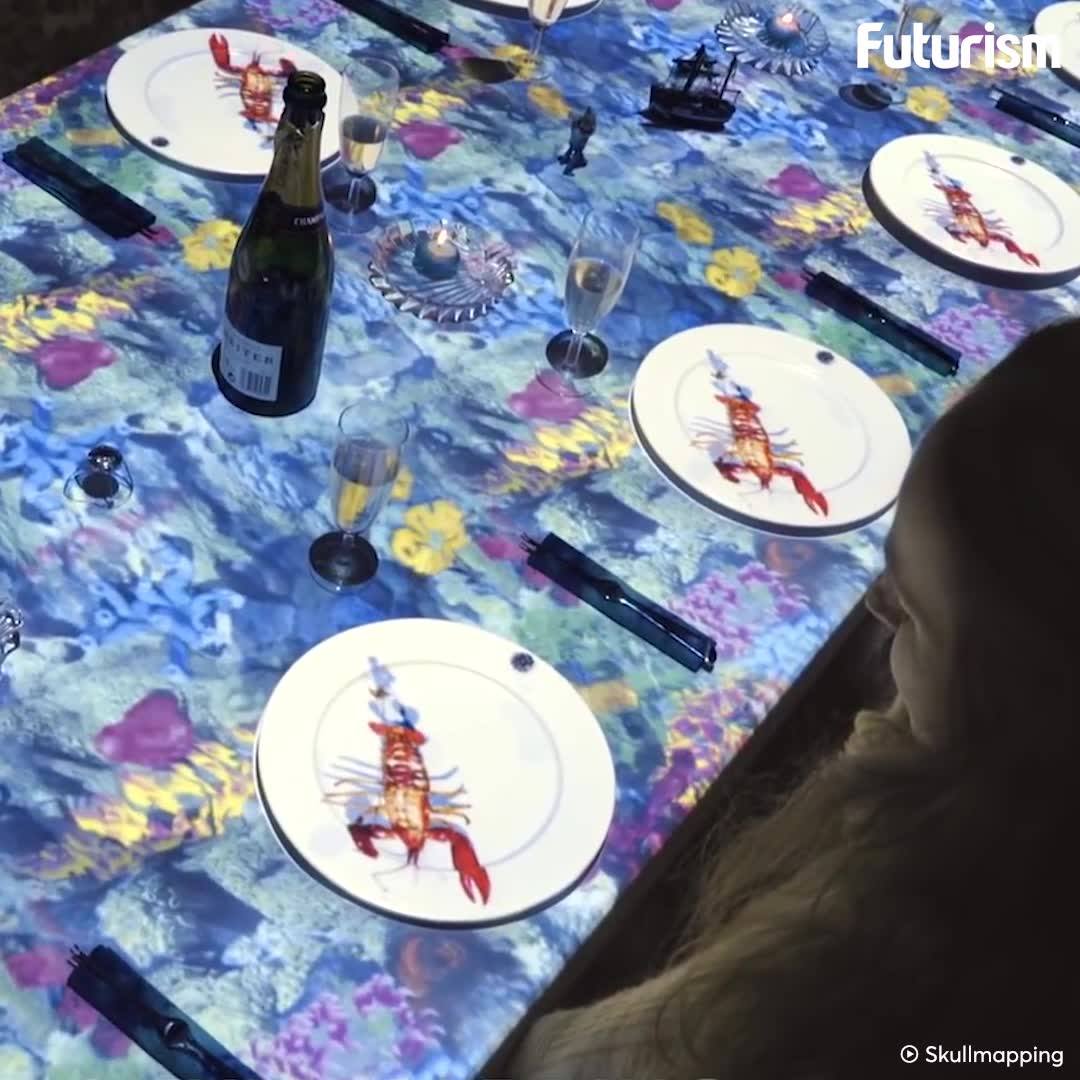

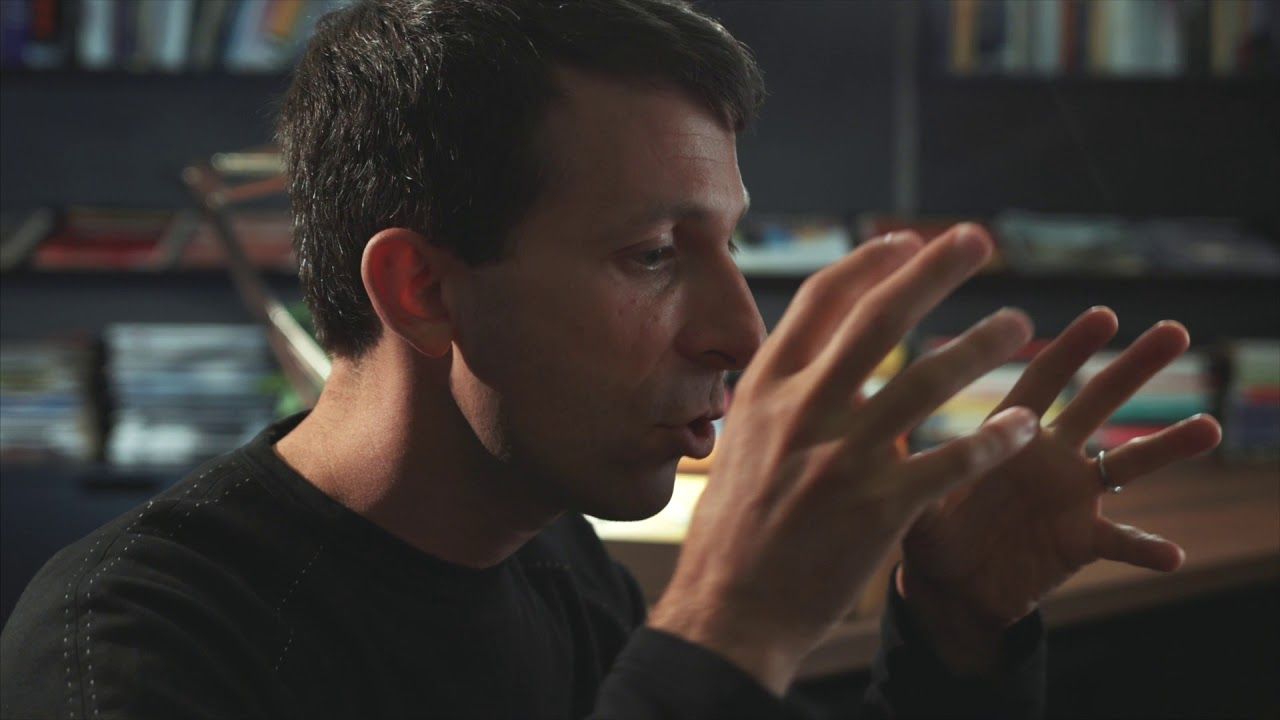
DeepMind’s Professor David Silver describes AlphaGo Zero, the latest evolution of AlphaGo, the first computer program to defeat a world champion at the ancient Chinese game of Go. Zero is even more powerful and is arguably the strongest Go player in history.
Previous versions of AlphaGo initially trained on thousands of human amateur and professional games to learn how to play Go. AlphaGo Zero skips this step and learns to play simply by playing games against itself, starting from completely random play. In doing so, it quickly surpassed human level of play and defeated the previously published champion-defeating version of AlphaGo by 100 games to 0.
If similar techniques can be applied to other structured problems, such as protein folding, reducing energy consumption or searching for revolutionary new materials, the resulting breakthroughs have the potential to positively impact society.
Find out more here: https://deepmind.com/blog/alphago-zero-learning-scratch
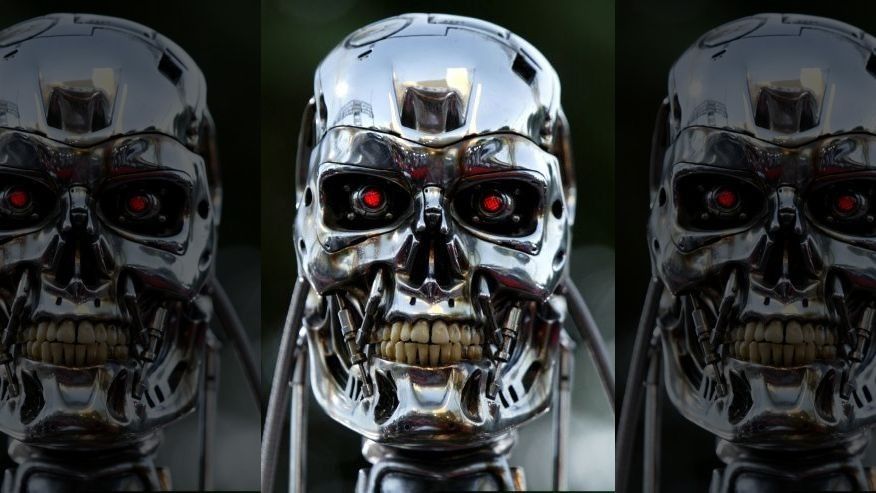
The computer that stunned humanity by beating the best mortal players at a strategy board game requiring “intuition” has become even smarter, its creators claim.
Even more startling, the updated version of AlphaGo is entirely self-taught — a major step towards the rise of machines that achieve superhuman abilities “with no human input”, they reported in the science journal Nature.
Dubbed AlphaGo Zero, the Artificial Intelligence (AI) system learnt by itself, within days, to master the ancient Chinese board game known as “Go” — said to be the most complex two-person challenge ever invented.
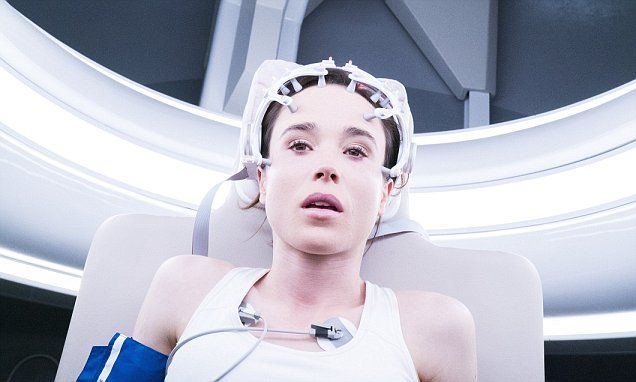
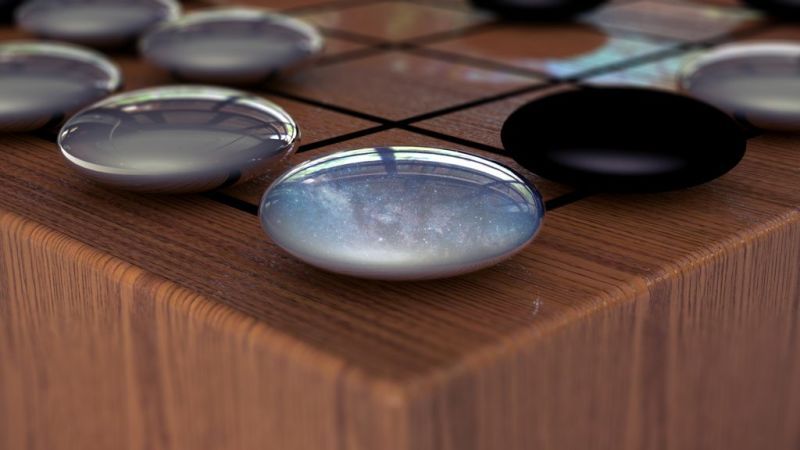
Remember AlphaGo, the first artificial intelligence to defeat a grandmaster at Go? Well, the program just got a major upgrade, and it can now teach itself how to dominate the game without any human intervention. But get this: In a tournament that pitted AI against AI, this juiced-up version, called AlphaGo Zero, defeated the regular AlphaGo by a whopping 100 games to 0, signifying a major advance in the field. Hear that? It’s the technological singularity inching ever closer.
A new paper published in Nature today describes how the artificially intelligent system that defeated Go grandmaster Lee Sedol in 2016 got its digital ass kicked by a new-and-improved version of itself. And it didn’t just lose by a little—it couldn’t even muster a single win after playing a hundred games. Incredibly, it took AlphaGo Zero (AGZ) just three days to train itself from scratch and acquire literally thousands of years of human Go knowledge simply by playing itself. The only input it had was what it does to the positions of the black and white pieces on the board. In addition to devising completely new strategies, the new system is also considerably leaner and meaner than the original AlphaGo.
Now, every once in a while the field of AI experiences a “holy shit” moment, and this would appear to be one of those moments. Looking back, other “holy shit” moments include Deep Blue defeating Garry Kasparov at chess in 1997, IBM’s Watson defeating two of the world’s best Jeopardy! champions in 2011, the aforementioned defeat of Lee Sedol in 2016, and most recently, the defeat of four professional no-limit Texas hold’em poker players at the hands of Libratus, an AI developed by computer scientists at Carnegie Mellon University.
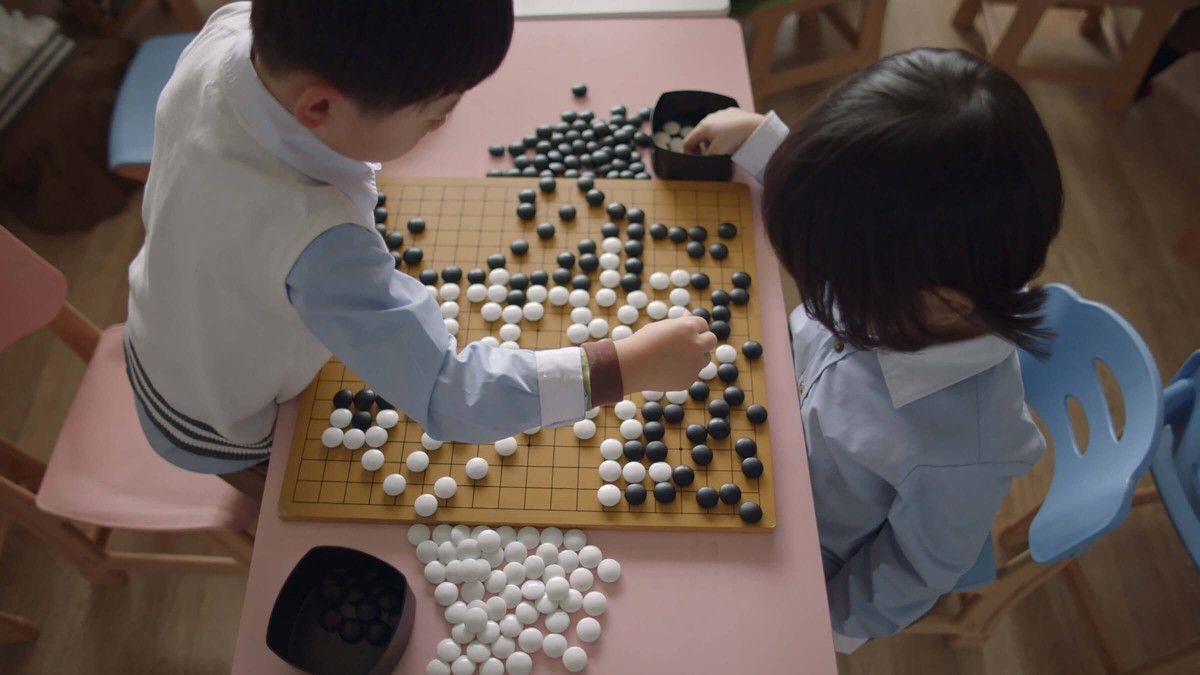
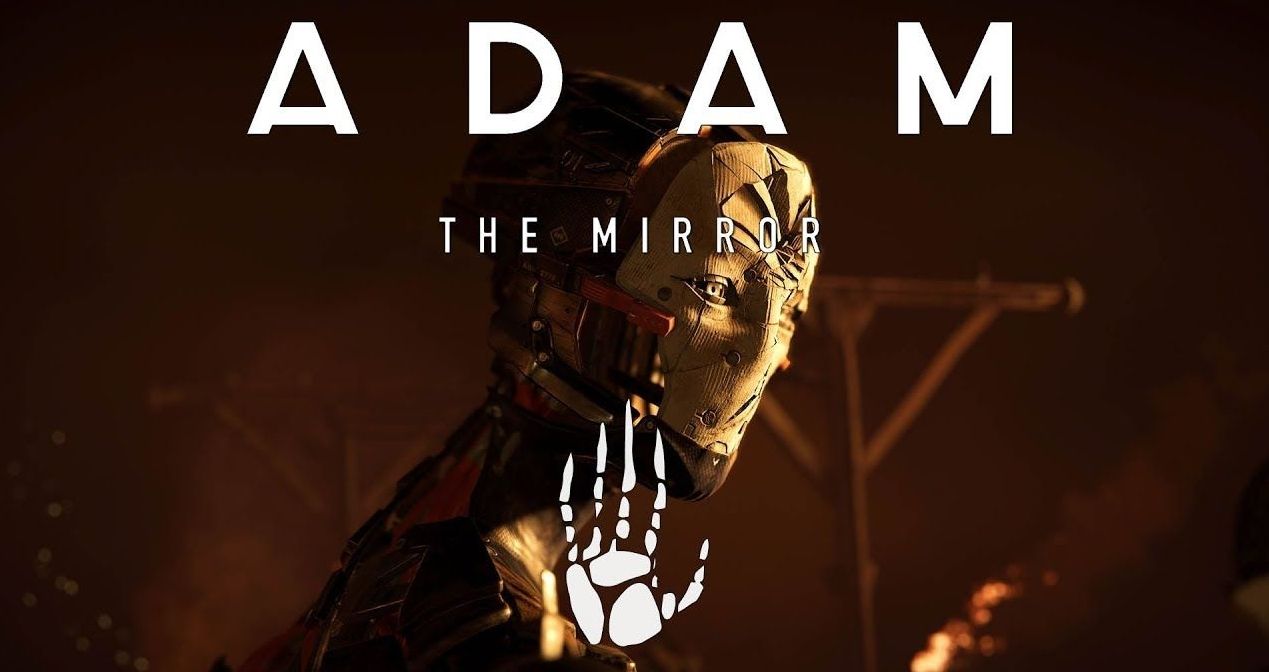
This week, Neill Blomkamp, the Academy Award-nominated director of District 9, unveiled a short film that he made with the Unity Technologies game engine. At Unity’s event in Austin, Texas, Blomkamp’s Oats Studios showed off Adam: The Mirror, a 6-minute film that was a sequel to Adam, a short film that Unity built as an internally produced showcase demo last year.
Evoking the theme of transhumanism, or the notion that we can live beyond our physical bodies, the film shows an android coming to life and realizing that it was a human trapped in a robot’s body. The film was meant to show off the power of the Unity engine when it comes to making high-quality 3D graphics. But to Blomkamp, it’s also an example of how a game engine can help democratize film, making life easier for independent film makers just as Unity has done for indie game developers.
Oats Studios in Vancouver will release a second film, Adam: The Prophet, also built with Unity. And if all goes well, then Blomkamp might be able to get financing for a larger Adam movie, since he has already created a backstory and script for the project. Blomkamp said the game engine helps because it allows him to shoot one scene and then put it into a digital form, like a “3D sandbox.” He shot some scenes in the desert for Adam: The Mirror. And if he needs to re-use that desert scenery, he can do so very easily because it exists in a digital format. So he only has to go out to the desert once to shoot actors.
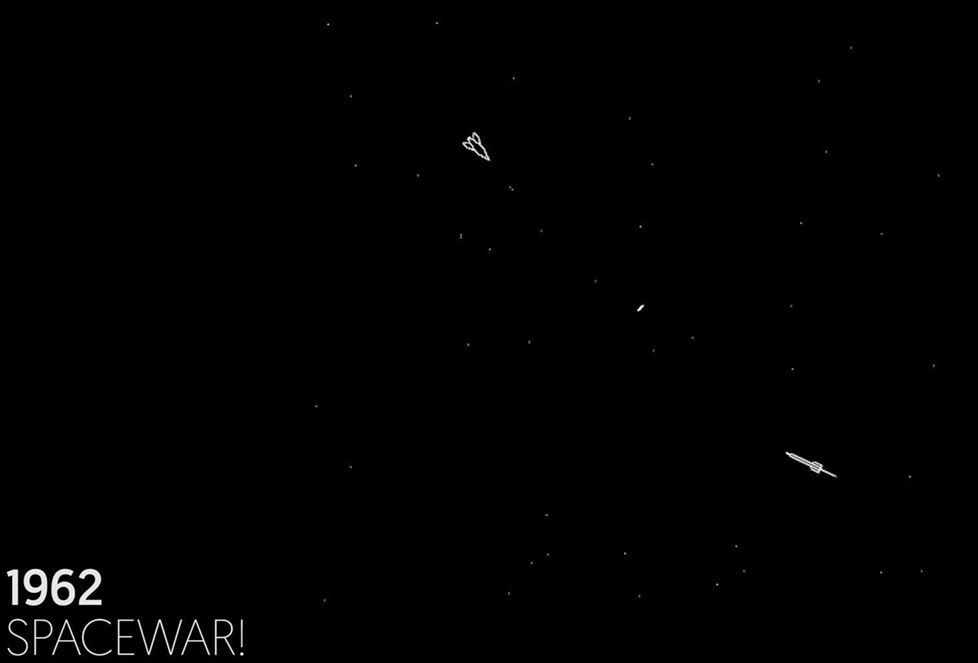
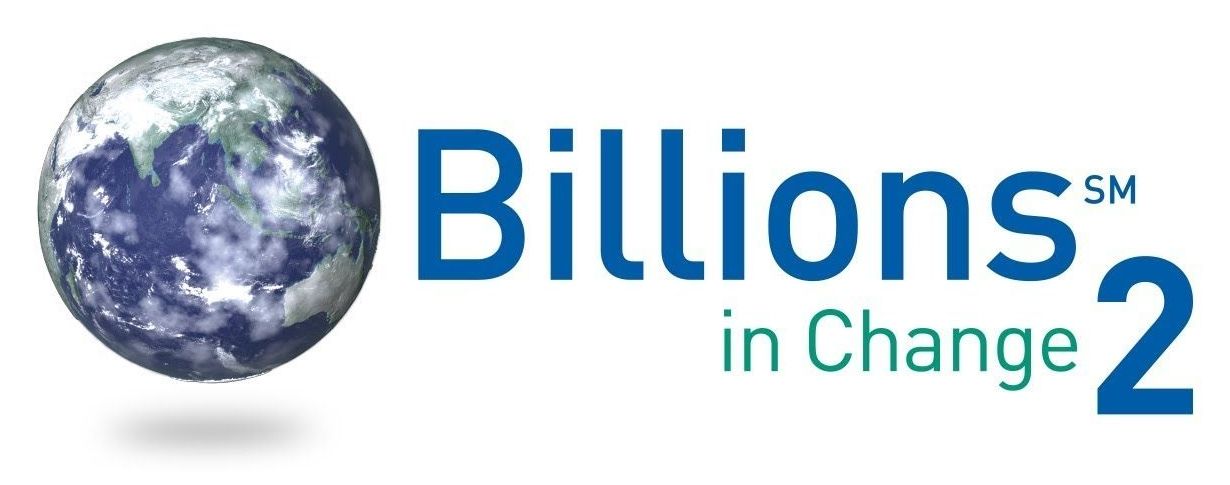
New film, New Ideas New Inventions. Billions in Change 2 shows how simple life-changing inventions provide clean water, electricity, and improve the lives of farmers. See how these inventions will enable the unlucky half of the world to improve their lives.
For more information go to BillionsInChange.com
Follow us on facebook or twitter
Follow manoj bhargava on facebook or twitter.
Buy Hans PowerPack
HansPowerNet.com
Shivansh Fertilizer
billionsinchange.com/solutions/agriculture/
